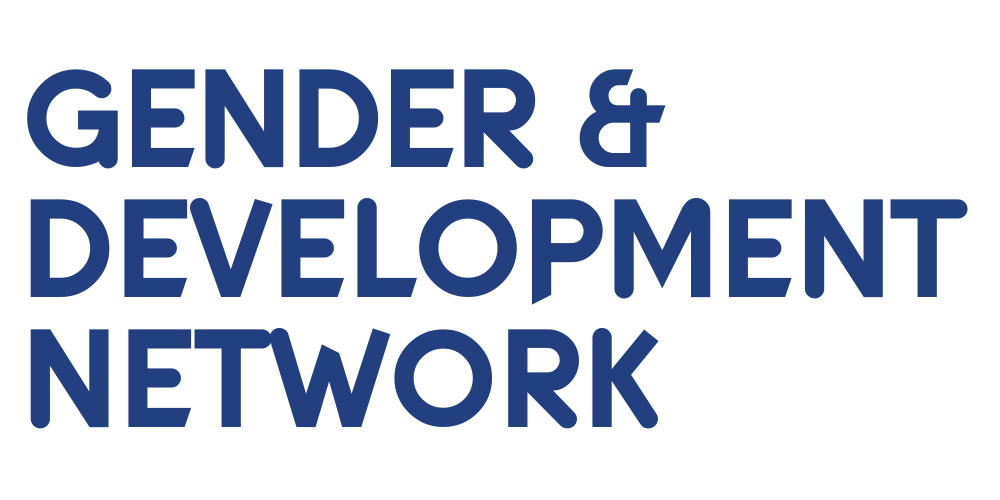The EU, gender and the post-2015 framework
As the world’s largest donor, the European Union (EU) has had a significant part to play in the Millennium Development Goals (MDGs), and is likely to have a similarly influential role in the post-2015 successor framework. The MDGs have in turn, had an impact on EU development assistance, with an expanding focus on social infrastructure and an increase, albeit insufficient, in financing levels.
The Gender and Development Network (GADN) has argued elsewhere that gender equality and women’s and girls’ rights must be central to the new framework (GADN 2013), both because the issue deserves priority in its own right and due to the deleterious impact that women’s inequality has on the achievement of other goals.
Given the commitment to the MDGs by the EU, its own policy towards gender equality, and its approach thus far towards the post-2015 framework, there is potential for a clear leadership role for the EU in the forthcoming negotiations. A strong common negotiating position should promote the centrality of gender equality and women’s rights within the framework.
